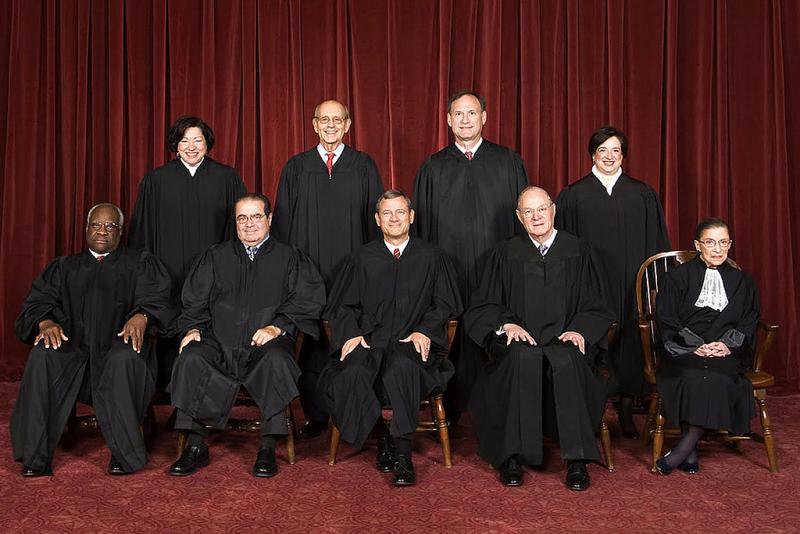What You Need To Know About Obamacare And The Supreme Court

Friday, Nov. 7, the Supreme Court announced that it would hear the case King v. Burwell, which addresses whether subsidies for insurance premiums should be available for state and federally run exchanges as they are now, or if they should be limited to only state run exchanges.
READ MORE: SCOTUS 2014 Preview: 7 Major Cases The Supreme Court Will Hear This Session
A revocation of subsidies for federally run exchanges would raise insurance prices for millions of citizens in 36 states. Neeraj Sood, Director of Research at the USC Schaeffer Center for Health Policy and Economics, warned that the repercussions of such an action would be very serious for the whole system.
If premiums go up, young healthy people will be less willing to buy coverage, and may instead opt to pay the much smaller penalty fee. “When healthy people opt out, premiums go up, and the whole marketplace goes into what economists like to call a death spiral,” Sood said.
For the first year the Affordable Care Act was implemented, subsidies were distributed in both state and federal exchanges, but the law specifically states that citizens are eligible for subsidies in exchanges "established by the state."

If this challenge to the implementation is upheld, it means that the IRS has illegally been doling out billions of dollars in federal money to support federal health exchanges.
Michael F. Cannon of the CATO Institute pointed out that “Treasury and IRS officials... admitted to congressional investigators they knew the [Affordable Care Act] did not authorize them to issue tax credits through federal exchanges, and that they have no records of researching the statute or its legislative history before deciding to jettison [federal subsidies].”
The legal verbage appears clear, but Sood also mentioned that a way that the language could be circumvented is if it could be proven that subsidies for federal exchanges were in the intent of the law. However, with limited documentation to concretely prove this exact matter, two ideas have arisen on how to deal with this conflict.
Supporters of the subsidies maintain that the purpose of the law was to make health care affordable through subsidies, and that the whole system would be defeated in the absence of these subsidies for all citizens. The intent presumably wasn’t for the law to fail, and subsidies to all people are important in maintaining a feasible future for the insurance marketplaces.
Those in opposition to federal subsidies point out that the intent of the law and language was clear in its aim to incentivize states into setting up their own exchanges by making subsidies available. Thus, the witholding of subsidies for federal exchanges could have been a penalty for the states’ non-cooperation. This may have made sense at the time, when Congress had no way of knowing that 36 states would refuse to create their own exchanges.
Since California runs a state exchange, citizens wouldn’t see an immediate effect if the federal subsidies are struck down. However, if a large part of the foundation of the Affordable Care Act is undermined in a court case, Sood noted that would open the door to making larger changes to the law.
An additional complication to resolution of the legal issues that may arise is the shift to a Republican Congress largely at odds with the president's health care vision. “I don’t know how the game will be played,” Sood said.
Reach Staff Reporter Rachel Cohrs here, and follow her on Twitter here.



